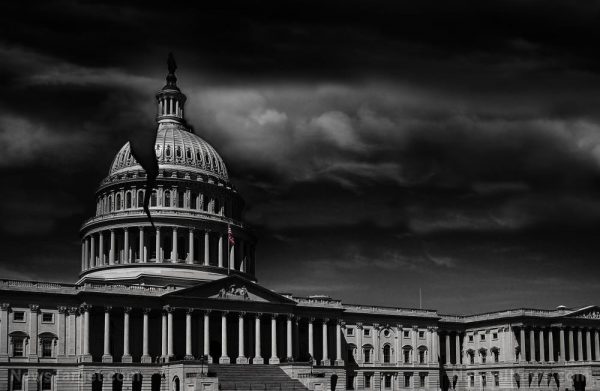Hungarian politician to submit law that will protect citizens from being censored or deplatformed by big tech on social media
A leading Hungarian politician in the ruling conservative and nationalist Fidesz Party wants
to confront big tech's censorship by proposing a law that will rein in the power of social media giants like Facebook and Twitter.
Hungarian Minister of Justice Judit Varga said Prime Minister Viktor Orban, who also serves as the leader of Fidesz, does not tolerate the attacks made by big tech companies against free speech.
To this end, Varga announced that the country
will follow neighboring Poland in punishing social media companies that would try to censor conservative voices on the internet.
This announcement was made as the world struggles against the growing power of big tech companies. In the United States, President Donald Trump and many other like-minded conservatives were permanently deplatformed from popular websites. When Facebook banned Trump, Varga accused the social media giant of "
excluding public dignitaries" from online spaces.
In the European Union, politicians are struggling to adopt a coordinated approach on how much big tech should be allowed to police content on social media. (Related:
Conservatives and Trump supporters who get censored are being accused of spreading "disinformation" for speaking up about the abuse.)
This struggle within the EU is being hampered by a clear ideological division between western and eastern EU members. In the west, countries like France and Germany are trying to fight against religious extremist rhetoric as well as supposed violence from the far-right. In the east, countries like Hungary and Poland want to focus on what Varga called "deliberate" and "ideological" censorship on social media.
In a recent Facebook post, Varga said she intended to submit a bill that would "regulate the domestic operations of large tech companies" in the spring.
"Today anyone can be disconnected from the online space without the possibility of any formal, transparent, fair procedure and legal remedy," Varga said. She also alleged in an earlier post that Facebook had "shadow banned her" as the visibility of her posts on social media was significantly reduced without any proper explanation or official reason.
In addition, Varga claimed that mainstream social media networks like Facebook and Twitter regularly limit the visibility of people who hold Christian, conservative and other right-wing beliefs and opinions. She accused these big tech companies of being directed to do this by "power groups."
Orban and Fidesz hold a supermajority in Hungary's main parliament, the National Assembly, thanks to its coalition with the social conservative KDNP Party. This means that if Varga submits her bill before the next parliamentary election, it will most likely pass provided that nobody within the ruling coalition objects to it.
The ruling party of Poland is also proposing a concrete measure to fight against the right-wing bias of big tech companies. Under the country's proposed law, users who have had posts removed or accounts blocked from social media will be able to appeal their case to a body known as the Free Speech Council.
If the council finds that the accused social media company refuses to reinstate posts or blocked accounts, they could be fined up to 50 million zloty ($13.5 million).
Europeans do not trust big tech social media companies
Back in June 2020, Hungarian research foundation Szazadveg conducted an EU-wide survey regarding how much people trust social media. The foundation
republished the results of its research following recent events concerning big tech's suppression of conservative speech.
According to the survey, 57 percent of people in every EU nation and the United Kingdom do not trust social media at all. This represents a very slight increase compared to 54 percent who said they did not trust social media in 2019.
When Szazadveg asked the participants how much they trusted social media, 57 percent said they did not trust social media at all, 7 percent said they trusted social media very much, 32 percent said they somewhat trusted social media and 4 percent did not know.
When asked how much they trusted their national media, 34 percent of the participants said they did not trust national media at all, 11 percent said they trusted it very much, 52 percent said they somewhat trusted the news and 3 percent said they did not know.
Szazadveg also asked the participants: "What do you think, is it acceptable or not that social media sites delete user content from their site based on their own political views?" The survey found that 59 percent of the EU and the UK found it not acceptable. Twenty-five percent said it was acceptable and 16 percent either refused to answer or did not know what to answer.
When broken down, Szazadveg's survey showed that 69 percent of people in Hungary found it unacceptable while only 15 percent said it was okay. Germany had the highest percentage of people who said it was okay for social media to censor people based on their politics at 37 percent.
Learn more about how countries are attempting to fight back against the power of big tech by reading the latest articles at
TechGiants.news.
Sources include:
BigLeaguePolitics.com
FT.com
DW.com
BudapestTimes.hu
 Parler
Parler Gab
Gab





